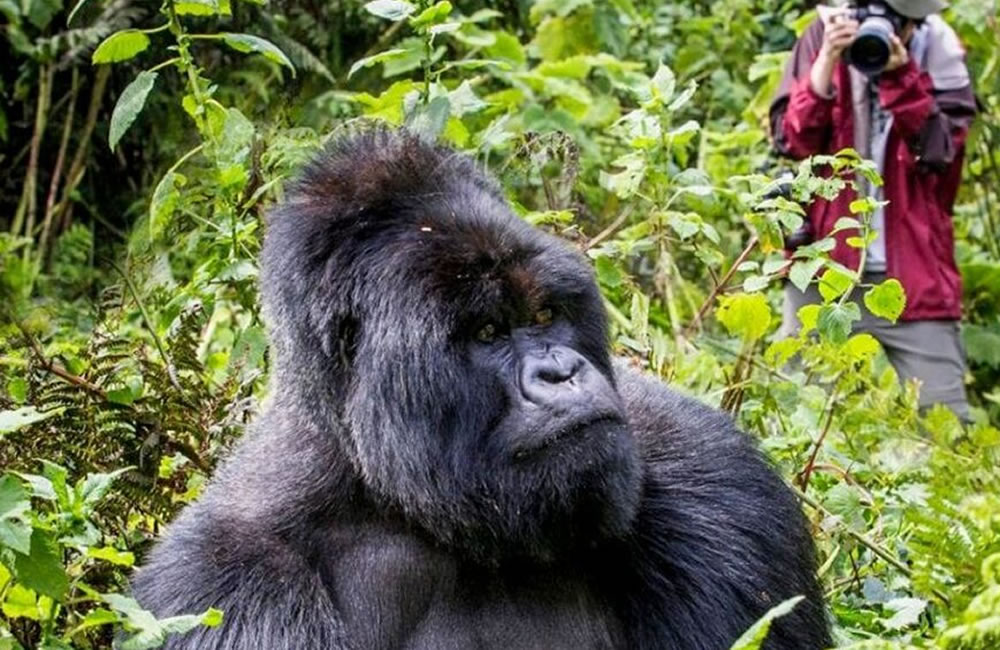The Treasury set the fiscal deficit at 570.2 billion shillings ($5.54 billion), or 8.7 percent of GDP, for the financial year starting last month.
NAIROBI – Kenyan Finance Minister Henry Rotich on Tuesday promised further steps, including cutting the budget deficit, to stabilise the currency after a 12 percent fall against the dollar so far this year.
The weakness in the Kenyan shilling threatens to feed inflation, and has forced policymakers to raise lending rates by 300 basis points since June.
“We will continue to do more including tightening the fiscal deficit to ensure stability in our currency,” Rotich told Reuters.
Patrick Njoroge, the governor of the central bank, last month called for prudence in fiscal policy to ensure stability in the currency, inflation and interest rates.
Dealers blame the shilling’s weakness on a combination of factors including dollar strength, a surge in demand for imports and weakness in the tourism sector – a key source of foreign currency – after a series of deadly attacks by al Shabaab militants from neighbouring Somalia.
Rotich said the government planned to review personal income tax laws to boost revenue collection. “This is the next stage of our tax reform initiative and we plan to present a bill to parliament by end of this fiscal year.”
The Treasury set the fiscal deficit at 570.2 billion shillings ($5.54 billion), or 8.7 percent of GDP, for the financial year starting last month.
Rotich said the bulk of this gap was covered by funds already secured from China for the construction of a modern railway linking the port of Mombasa to Nairobi.
“This deficit includes investments in mega-infrastructure projects such as Standard Gauge Railway (SGR), power generation and in security modernisation,” the minister said.
“Excluding expenditures related to the SGR, the overall deficit would decline to equivalent to 6.5 percent of GDP.”
The projects, Rotich said, were partly responsible for creating more than 800,000 jobs in Kenya last year and they would help the government hit its growth forecast of 6.5-7 percent for this year.
Farming, which makes up nearly a quarter of the economy, was expected to do better than last year due to good rains in the second quarter, he said, adding tourism would improve in the second half after some key source markets like Britain lifted security-related travel warnings.
Kenya would borrow more funds from international capital markets, the minister said, rejecting claims it could struggle because of an expected U.S. rate hike that has caused investor flight from riskier assets.
“The economy is growing at high rates and provides higher yields than those on the developed markets. We do not expect any difficulty to raise funds in international markets,” he said.
Kenya successfully issued a debut Eurobond last year and Rotich has said it may return to international debt markets with other instruments like an Islamic law-compliant sukuk bond.
$1 = 102.9000 Kenyan shillings







